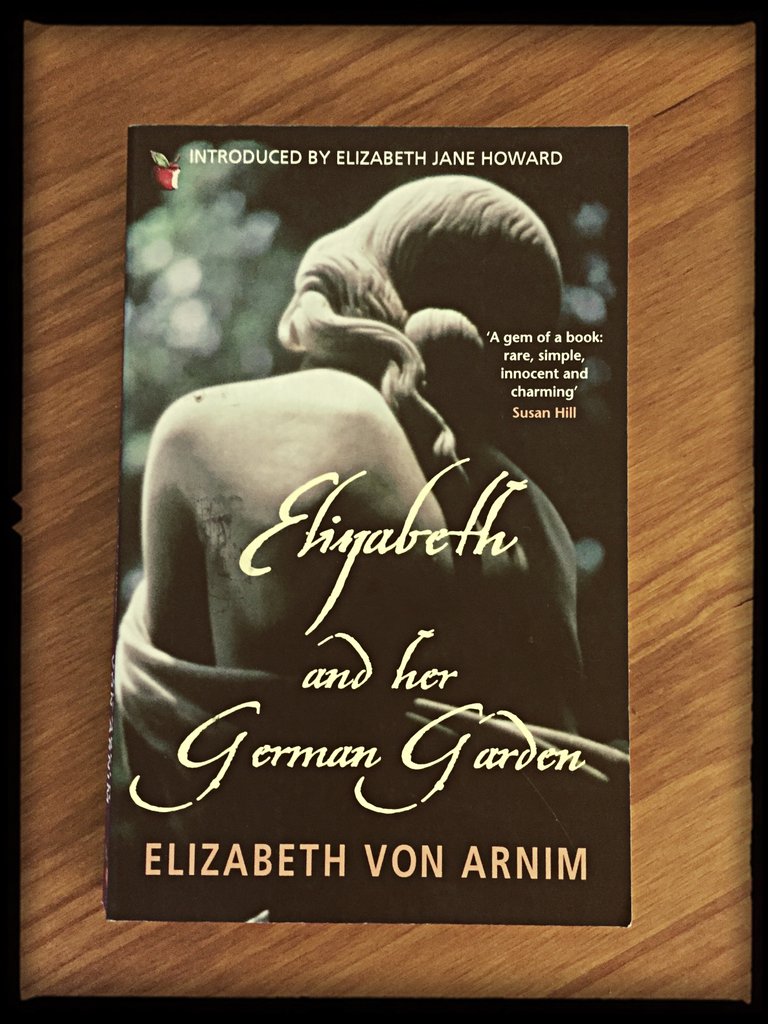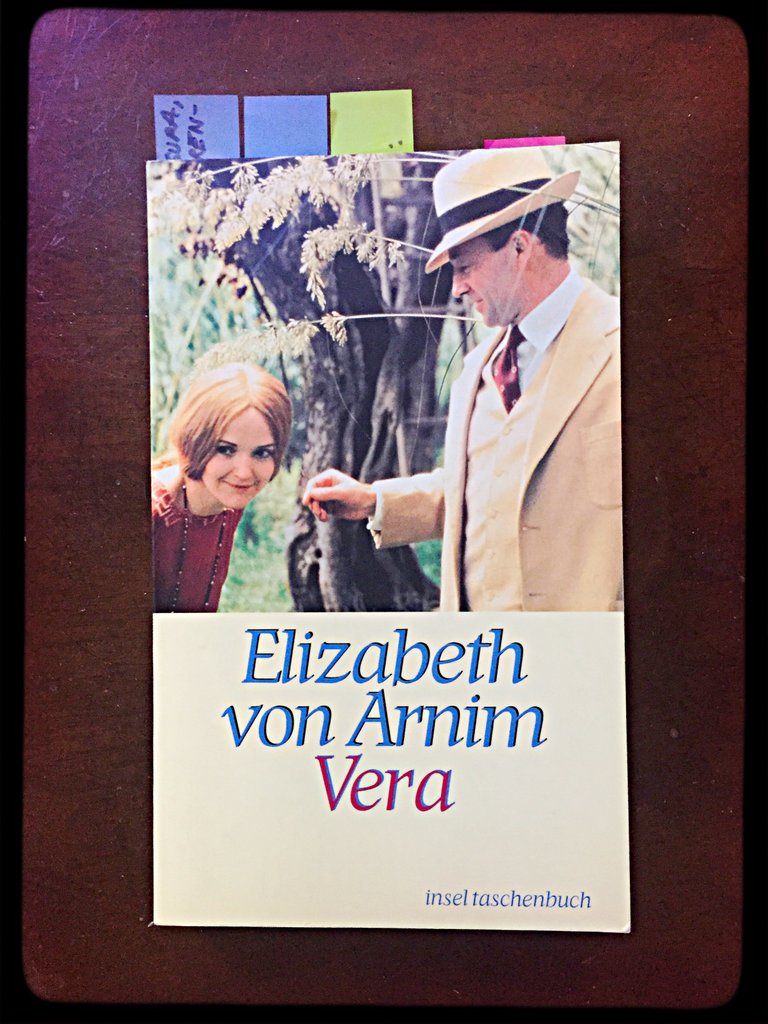If I'd be asked wether literature can change one's life, I suppose I should answer affirmatively, in the case I wanted to be honest. I seldom think of the past, but I wanted to review a novel by Elizabeth von Arnim I read years ago, and all of a sudden I recalled that its reading turned my life upside down.
Elizabeth von Arnim, a gifted writer born in Sidney, Australia, in 1866 is widely known by her novel Elizabeth and her German Garden, a full of grace short novel in which the author strolls around with her personal demons among rose bushes of evocative names and picnics under the snow.
In this writing, Von Arnim put into practice her personal surviving techniques for enduring her tyrannical and insufferable husband –a ruined German Count and a crook, who ended up in jail for fraud– immersing herself in the poetical hope of planting a splendid meridional garden in Pommer, a municipality in Northern Germany famous for the poverty of its soil, in which only potatoes and beetroot grow. When the Man of Wrath –Von Arnim referred to her husband with this revealing and nice nickname, unfolding her satirical spirit– died in 1910, I like to imagine May –that's the name she was called by her family– giving a high five to herself and snapping her fingers. What a relief.
But it is another of her novels, Vera, the one which deserves to be considered her best work. The story was inspired by the brief time Von Arnim shared with another Count, in this case English and the elder brother of the thinker Bertrand Russell, namely, Francis Stanley Russell, 2nd Earl Russell, whom she married in 1916. If May's second husband was remotely similar to the male main character depicted in Vera, he probably wasn't just the typical pain in the arse kind of fellow, but totally bonkers. Suppressive, suffocating, oppressive, nightmarish.
Barely a year had passed since their wedding, when May packed and split to the US, putting the ocean between her and the Earl. When I think of this woman, brilliant, full of sense of humour and brightness in spite of her unbearable husbands, I like to play with the idea of her putting four or five indispensable things in her trunk, shooting off with her coiffure unsettled, to embark for America. Liberating herself. In the complex weave of intimate, private, familiar, sentimental relationships, sometimes the only solution is to run away–
At the time I read Vera I was in love, or I think I was. The intense sufferings of the female character of the novel filled unconsciously a void in my brain and I started to read new and ominous signs in my personal relationship. Till one morning of February I awaked out of love. Completely, consciously empty of the former feelings for my once beloved. I didn't run away, I kept going forward till my body imploded and I fell physically ill.
Today I spent some time trying to locate Von Arnim books in my library. During the search –my library is a mess– I remembered this small private ordeal and realised that good literature can warn us against untrue, socially constructed emotions of which we are utterly unaware, so deep are they rooted in our psyche. Beware of what you read, or do not–

